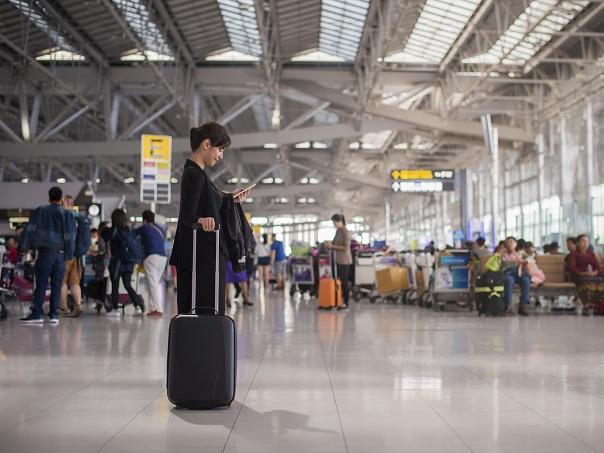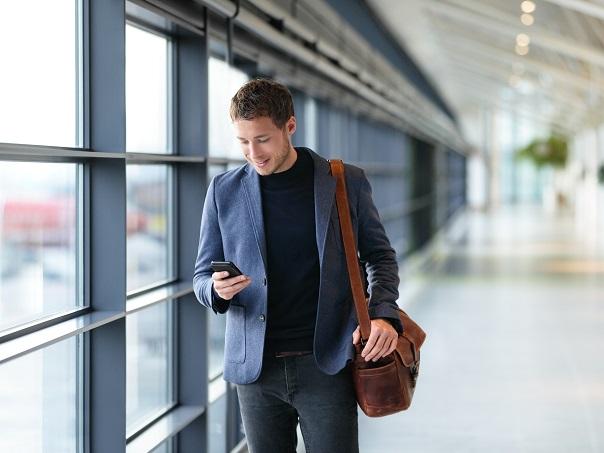
To help you make an informed decision about the safety and wellbeing of your travellers during the COVID-19 (coronavirus) outbreak we have prepared the following information. It is your responsibility to ensure your travellers comply with any government travel restrictions.
As COVID-19 dominates domestic and international headlines – open, transparent and timely communication is the key to reducing anxiety amongst business travellers. Words like pandemic and epidemic can create unnecessary fear, so business managers need to take the lead to reassure travellers that their wellbeing is paramount.
Communicate openly and regularly
The inherent uncertainty around COVID-19 is naturally unsettling, which is why factual and timely updates are important. Keeping the lines of communication open with your employees and travellers also sends a clear message that you take their health – and that of your clients – very seriously. Clearly communicate your preparedness and any new strategies you are putting in place.
Listen and reassure
Understanding the concerns of travellers is important. Vulnerable employees with underlying conditions have genuine reasons to be concerned about travel and should be offered alternatives, such as video conferencing. WHO identifies high-risk people as individuals aged over 60 years and those with underlying conditions such as hypertension, diabetes, cardiovascular disease, chronic respiratory disease and cancer. Pregnant women do not appear to be more at risk, but will understandably be reluctant to travel.
Recognise that some travellers will also experience increased anxiety due to the possibility of their travel being disrupted mid-trip. The potential for delays and cancellations can create concern as travellers fear of being away from family for longer than expected. With the international situation changing so quickly, suspended services and country entry bans can catch travellers unaware.
Keep to the facts
Reassure travellers that good hygiene is very effective against contracting the virus. And ensure good hygiene is also followed in the workplace as returning travellers circulate at work – especially given that the virus has a 14 day incubation period.
Keeping communication factual will also build trust. Arguably the most important fact is that in general, the virus only causes mild symptoms in most people.
A WHO/China Joint Mission on Coronavirus held at the end of February reported that most people infected with COVID-19 virus have mild disease and recover. Approximately 80 per cent of laboratory-confirmed patients have had mild to moderate disease, which includes non-pneumonia and pneumonia cases. The panel responsible for this report consisted of 25 national and international experts from China, Germany, Japan, Korea, Nigeria, Russia, Singapore, the United States of America and WHO.
According to Professor Nigel McMillian, Director of Infectious Diseases and Immunology at the Menzies Health Institute at Griffith University in Queensland – “for 95 to 99 per cent of the population, this’ll be a mild cold, nothing more.”
Trusted websites to refer concerned employees to are WHO, SafeTravel and the NZ Ministry of Health.
Stay connected
There is no doubt that a widespread outbreak in New Zealand would disrupt businesses and business travel. So it’s important to have good real-time methods to communicate with all employees, especially those travelling. Ensure that your travel management company has robust risk management procedures, including a 24/7 emergency assistance line.
Revise policies if necessary
Be flexible and open to adjusting company policies to reflect the situation. This includes travel policies, work from home policies, sick/carer leave and workplace hygiene procedures. Also commit to reviewing policies as the situation changes, potentially allowing more employees to telecommute or to work more flexible hours. Involve employees by asking them what issues they see potentially arising from business travel.
Draw on your Travel Manager’s resources
Travel programme managers and traveller bookers can call on the in-depth industry knowledge available to them through their dedicated Travel Expert. Our experts have the resources to advise on travel policy changes, traveller risk management and the latest country travel restrictions, along with advanced technology to communicate quickly and efficiently with travellers as the COVID-19 situation evolves.



